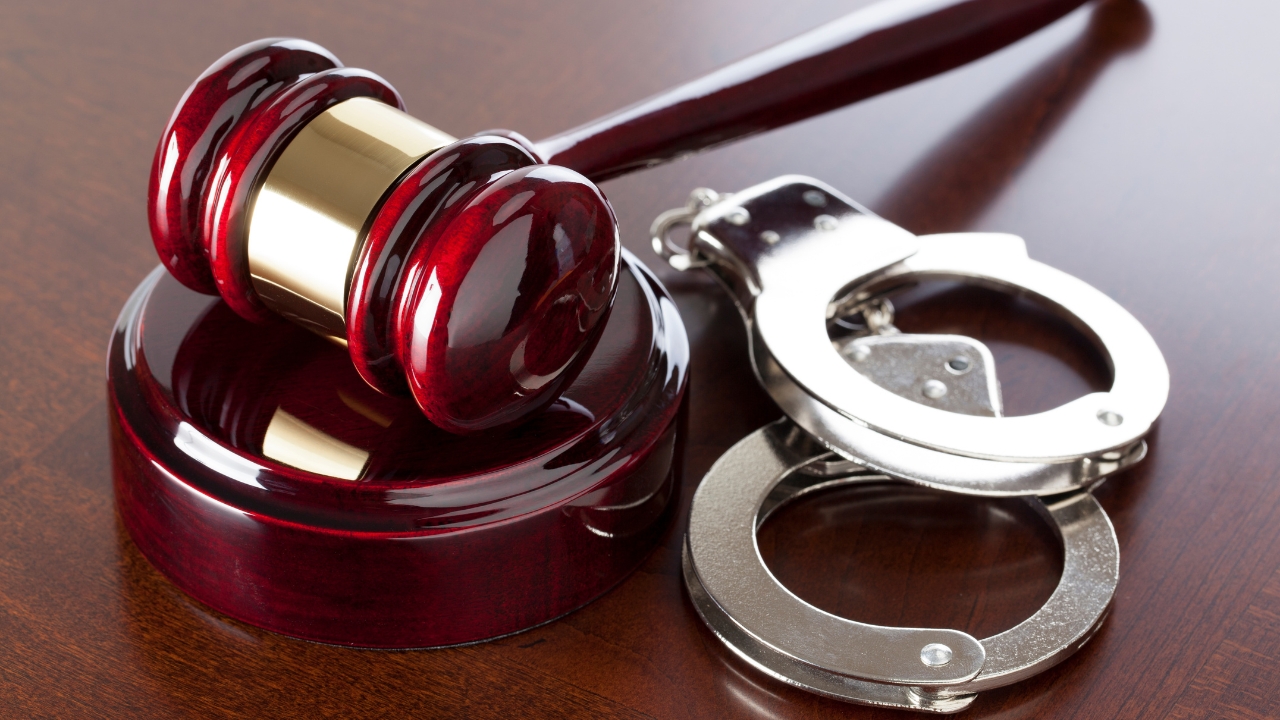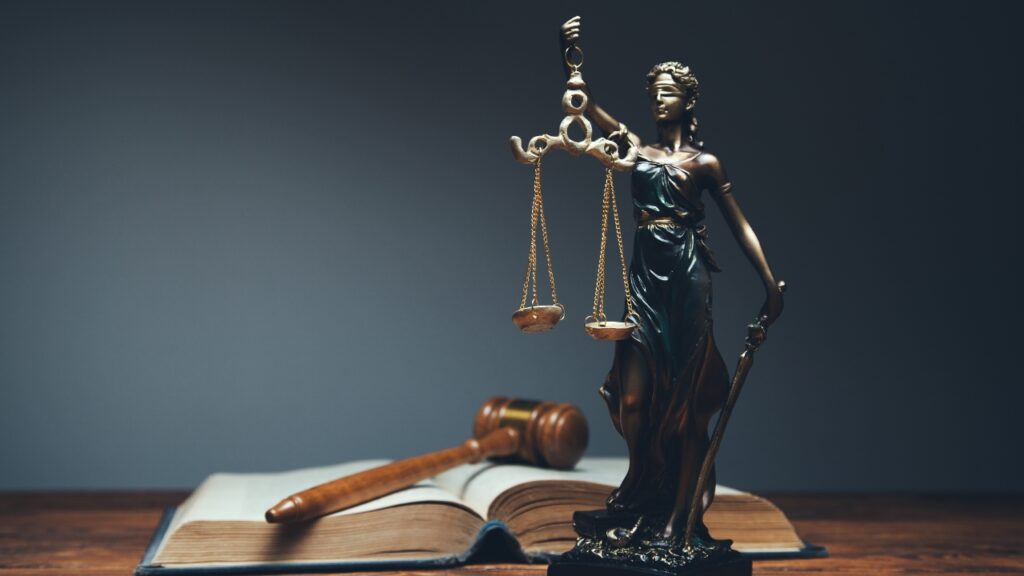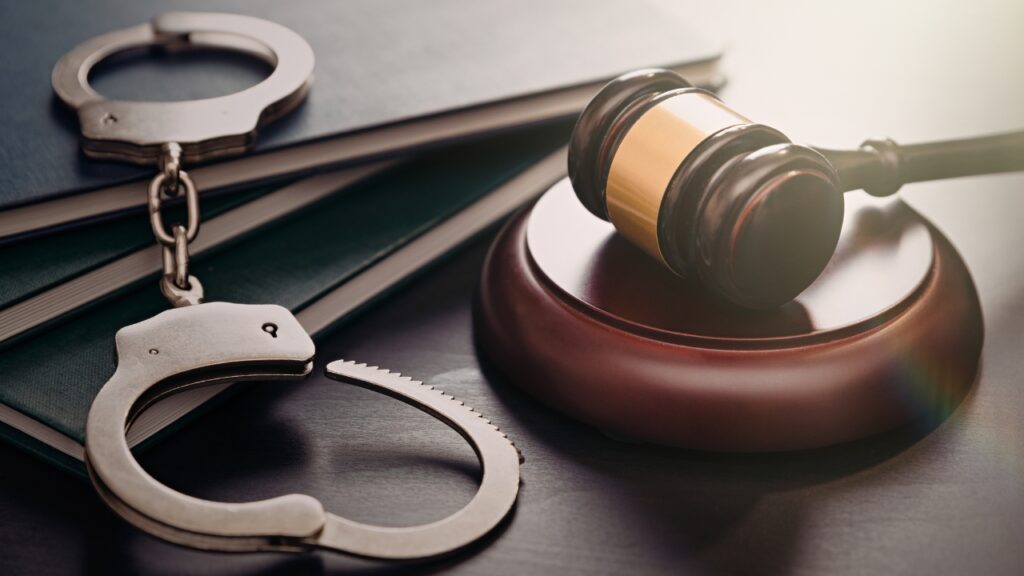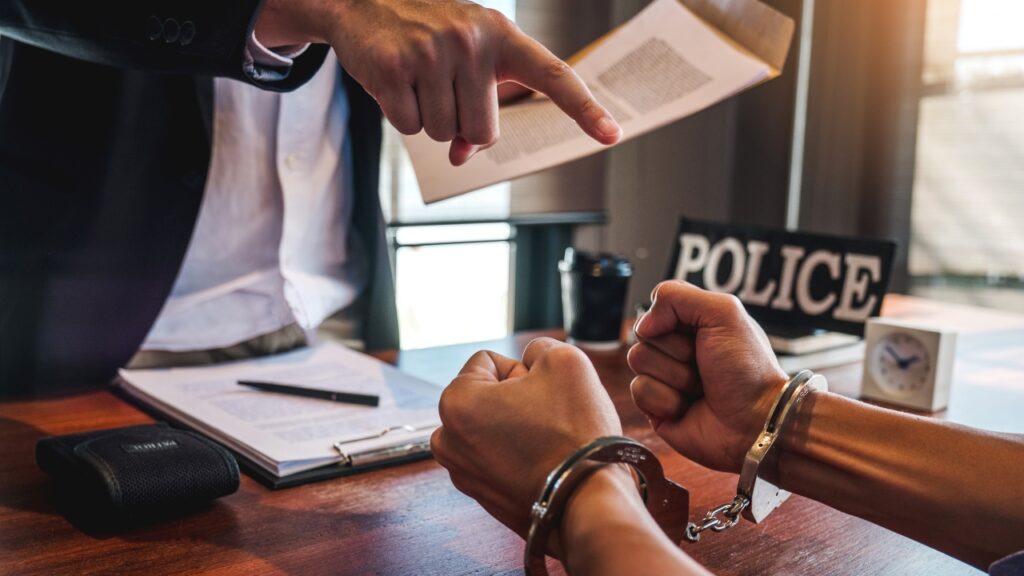We have experienced criminal law solicitors and caseworkers able to deal with all types of criminal matters and provide specialist advice and representation at Police Stations, Magistrates’ and Crown Courts.
Police Station
Abbey Solicitors are able to defend you in the event you are remanded in Police custody. We have a 24-hour emergency police station service (free of charge) for immediate telephone advice and/or attendance, regardless of the nature or seriousness of your case. Providing you with immediate expert legal advice when you need it. Our client portfolio ranges from the homeless to high net worth individuals. We place our clients best interests at the heart of everything we do, using our wealth of strategic experience to get the best result from the worst situations.
We will listen to you, tell you where you stand legally and advise you of your rights. We will explain the powers of the Police and advise you on the best course of action to take according to the situation in which you may find yourself.
We have experienced criminal law solicitors and caseworkers able to deal with all types of criminal matters and provide specialist advice and representation at Police Stations, Magistrates’ and Crown Courts.
Magistrates/ Crown Court
Criminal cases can be heard either in the Magistrates Court or the Crown Court. Every case starts in the Magistrates Court and the most serious cases end up in the Crown Court. It’s important to have expert representation as early as possible and the Solicitors at Abbey are able to provide you with this at the outset, guiding you through the legal proceedings and building a strong defence for you.
The most serious cases then end up in the Crown Court. Our Solicitors have experience defending a range of highly serious cases.
Criminal Appeals
Regardless of its nature or seriousness, if you believe that you have been convicted of an offence you did not commit or, if you are guilty and the sentence is clearly excessive, we can help you to put things right. An appeal can be successful if we can show that the judge did not apply the law properly or new facts about your case have come to light since the trial took place.
We can examine and consider the grounds for an appeal at any time. There is neither a limit on the time in which you can appeal or on the number of appeals you can make.
Private and Legal Aid work
We undertake both private and legal aid work. After the initial consultation, if you decide to use our services, we can determine whether you are eligible for legal aid or if you must pay on a private fee basis.
If eligible for Legal Aid you will not be required to pay for your defence. The court will consider both your income and the seriousness of the offence in order to determine whether Legal Aid should be granted.
To acquire Legal Aid you must first make an application to the Magistrates Court. This can be broken down into the following two tests:
- Interests of Justice Test: This is the first test which must be passed. Legal Aid is more likely to be granted if imprisonment is a potential outcome. Other factors which will increase the likelihood of Legal Aid being granted will include: the seriousness of the charges, whether you admit them or not, the complexity of the defence, how easy it would be to challenge the opposition yourself and whether witnesses are needed.
- Means test: The second test will be based on your financial situation. If you are claiming either Job Seekers Allowance (JSA), income support or a guaranteed pension then you will automatically pass this test for Legal Aid.
If you or your partner receive and income which is above £21,000 then you will not be eligible for Legal Aid. If you are single and your income is above £11,590 you will also not be entitled to Legal Aid. However, for both cases it may still be possible to make a claim, taking expenses into account.
If you require help applying for Legal Aid or are unsure if you qualify, get in touch with a member of our Criminal Defence team who will be able to work with you to support your claim.






